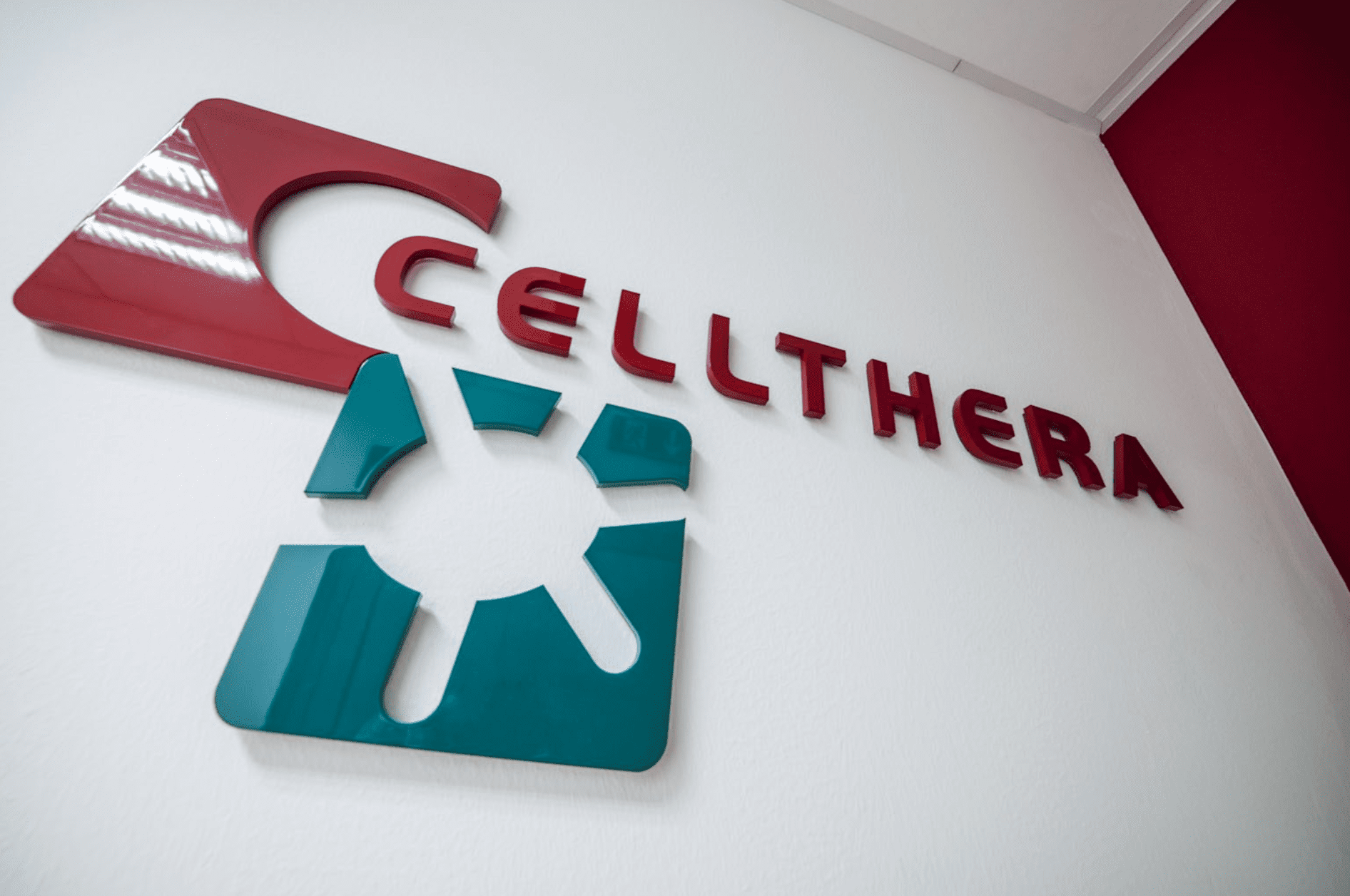For decades, cancer treatment has followed a familiar path: chemotherapy, radiation, surgery – often in that order. But for patients with aggressive, treatment-resistant cancers, the outcome hasn’t changed much. That’s why a new frontier in T cells therapy is capturing the attention of both scientists and patients – and it’s called CAR T-cell therapy.
More than just another option, CAR T therapy is redefining the idea of what’s possible. It’s a highly personalized, incredibly focused targeted therapy that turns a patient’s own immune system into a weapon – and in many cases, it’s a last-line cancer therapy.
Engineering a Smarter Immune Response
At its core, CAR T-cell therapy is a bold application of gene editing cancer technologies. It begins with the patient’s T cells – immune cells designed to detect and destroy threats – being drawn from the blood. In a specialized lab, these cells are reprogrammed with a synthetic receptor called a CAR (Chimeric Antigen Receptor), which allows them to recognize cancer-specific proteins.
The modified cells are then multiplied into the billions and reintroduced into the patient’s body, where they go to work hunting cancer. What happens next is more than just a typical immune reaction. These reprogrammed cells launch a targeted offensive, finding their mark through biological cues that set cancer cells apart. It’s a kind of cellular pattern recognition that previous treatment methods couldn’t fully match.
What Makes It Different
Unlike conventional therapies that may hit both healthy and diseased cells, this approach zeroes in on cancer with remarkable precision. That selective targeting means fewer unintended consequences – and a stronger shot at removing the threat completely.
Here’s what continues to make CAR T-cell therapy stand out in the field of immunotherapy.
- Patient-specific design – Every treatment is crafted using the individual’s own immune cells, offering a tailored solution.
- Selective cell targeting – Engineered T cells are guided to bind with markers unique to cancer cells, sparing healthy tissue.
- A new chance for relapsed cases – Some patients who’ve exhausted standard treatments have experienced long-term remission.
- Part of tomorrow’s treatment model – As understanding of the immune system deepens, these methods may shift from backup plans to first-line options.
Where It Still Faces Limits
This form of T cells therapy isn’t yet effective for everyone. Some of the hurdles include the high production cost, the time it takes to prepare the treatment, and side effects like cytokine storms. Also, while blood cancers respond well, solid tumors continue to pose a greater challenge.
That said, researchers aren’t standing still. Work is underway to shorten production timelines, enhance safety, and develop new generations of CAR T-cells – all with the aim of making this therapy faster, safer, and more accessible.
This isn’t future medicine in theory. It’s an evolving application of gene editing cancer strategies that’s already changing real-world outcomes – one case at a time.
How does CAR T-cell therapy work in treating cancer?
Doctors begin by isolating T cells from a patient’s bloodstream. These cells are then genetically engineered to carry a receptor (CAR) that identifies certain proteins found on cancer cells. Once the cells are ready, they’re reintroduced into the patient, where they seek out and destroy the targeted cancer cells.
What are the barriers to CAR T-cell therapy?
Key challenges include high costs, lengthy manufacturing, potential immune-related side effects, and less success with solid tumors. The treatment works best for certain blood cancers, and improving access and outcomes is still an active area of research.
What is the mechanism of action of CAR T-cell therapy?
CAR T-cells are programmed to detect specific markers on cancer cells. When they encounter these markers, they bind to them, become activated, and release toxic substances that kill the cancer cell – a focused and controlled immune response.
How do T cells fight cancer?
Normally, T cells monitor the body for signs of infection or abnormal cell growth. However, cancer can often go unnoticed by the immune system. By adding a CAR receptor, doctors give T cells the ability to better recognize and attack cancerous cells that would otherwise be missed.











